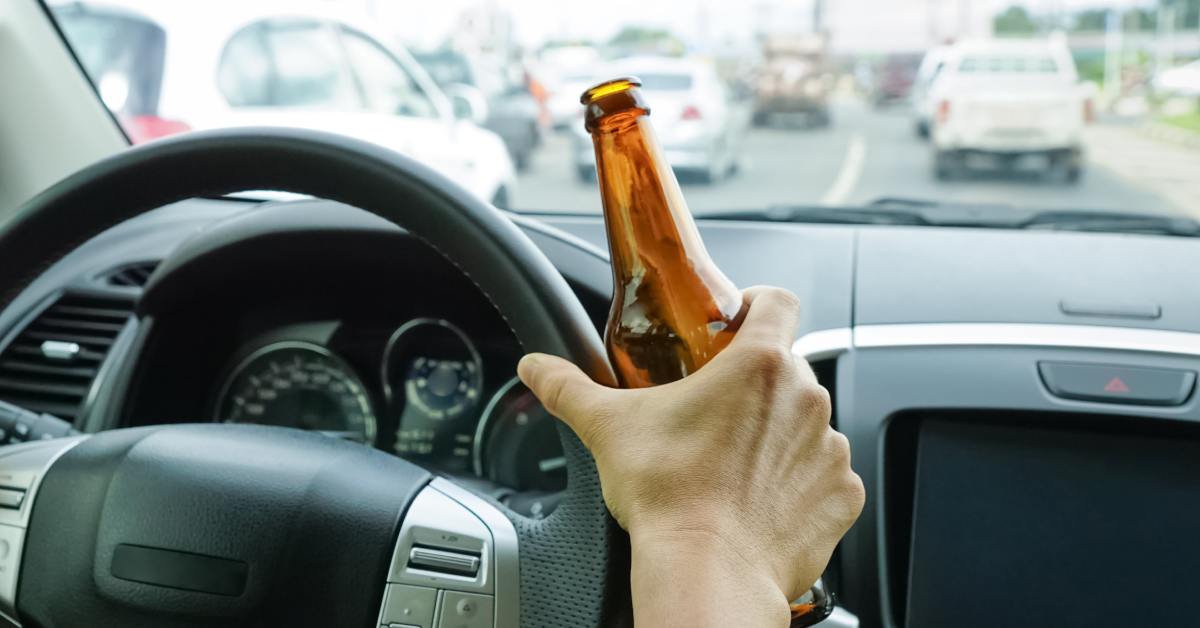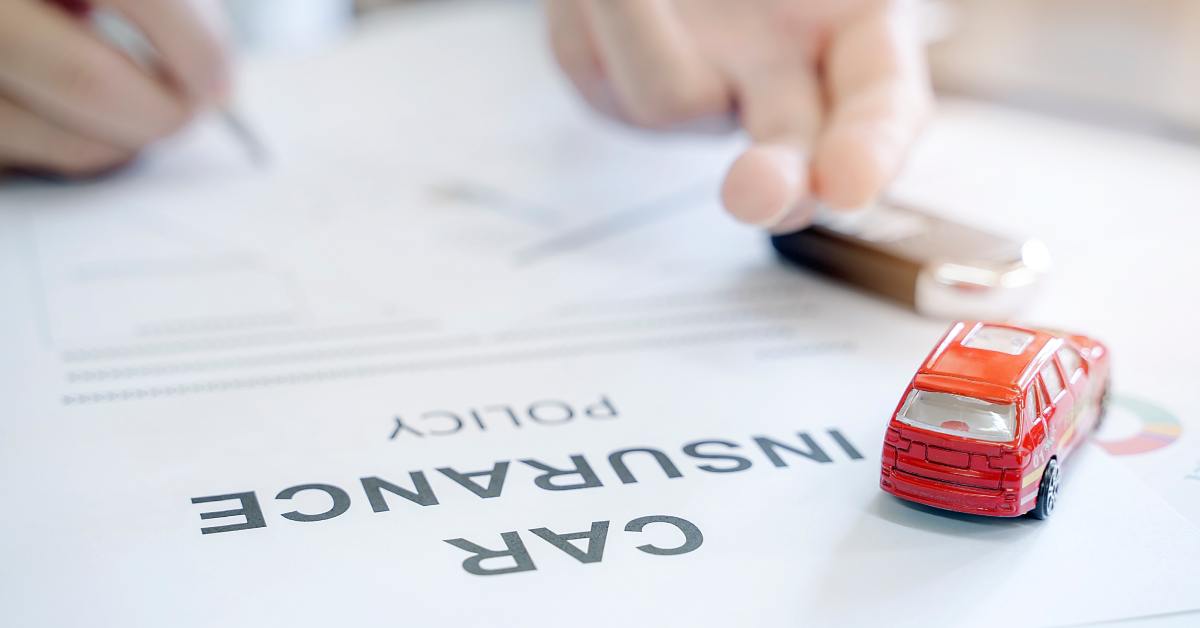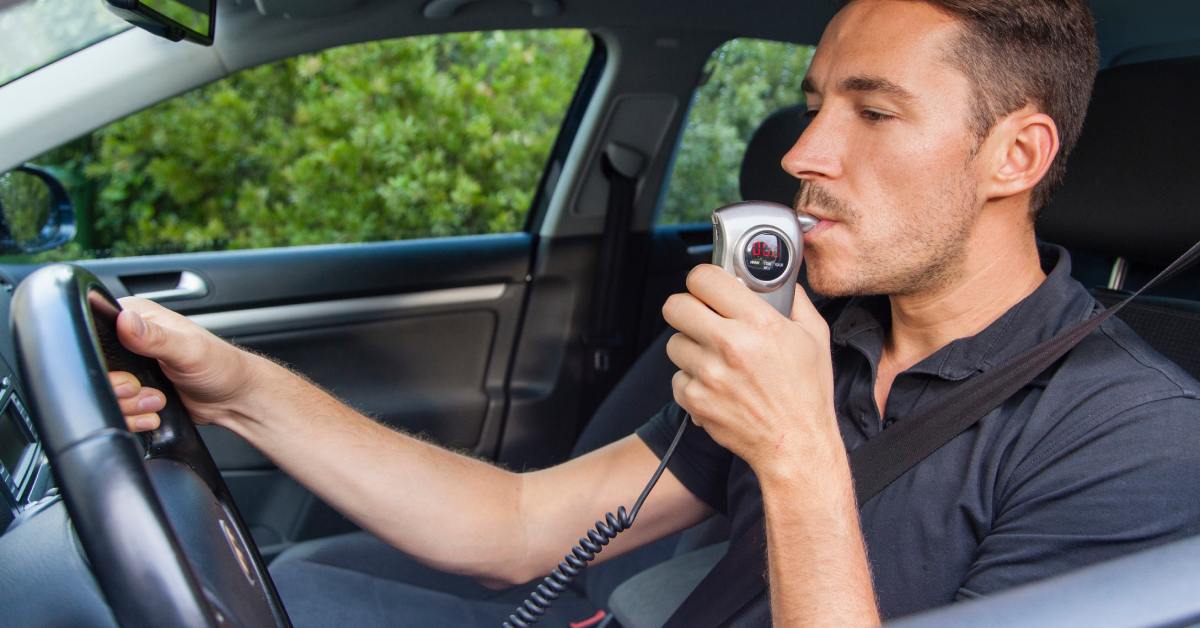Overview of Insurance for Alcohol Offenses

An alcohol-related driving offense is a serious charge with consequences that extend far beyond initial legal trouble. While many drivers understand the immediate penalties, like fines and license suspensions, the long-term financial impact, particularly on car insurance, is often underestimated.
For years after the incident, you can expect higher premiums and more complex insurance requirements. This article provides a comprehensive overview of insurance for alcohol offenses, explaining how a violation affects your coverage, what an SR-22 is, and the steps you can take to get back on track.
What Is an Alcohol-Related Driving Offense?
An alcohol-related driving offense happens when someone drives while impaired by alcohol. Laws vary by state, but all aim to reduce drunk driving and improve road safety. The most common charges are driving under the influence (DUI) and driving while intoxicated (DWI).
For drivers under 21 years old, many states enforce zero-tolerance laws, making it illegal to drive with alcohol in one’s system. Refusing a breathalyzer or field sobriety test can also lead to penalties like immediate license suspension.
A DUI or DWI conviction can lead to heavy fines, license suspension or revocation, and even jail time. Courts may also require alcohol education or treatment programs. These legal consequences can follow you for years, especially when it comes to your driving and insurance record.
How Alcohol Offenses Affect Your Car Insurance
After an alcohol offense, your relationship with your insurance provider will change dramatically. Insurers view you as a higher risk, which directly translates into higher costs and potential coverage issues.
Insurance Risk Assessment
Insurance companies use a process called risk assessment to determine how likely a policyholder is to file a claim. An alcohol offense places you in a high-risk category because statistics show that drivers with DUIs on their record are more likely to be involved in future accidents. To compensate for this increased risk, insurers raise premiums, often by a substantial amount.
Cancellation or Nonrenewal
Some insurance companies may decide that the risk is too great and choose to cancel your policy or not renew it at the end of its term. Insurers have the right to drop high-risk drivers, leaving you to find coverage elsewhere, often from companies that specialize in nonstandard insurance.
Long-Term Premium Increases
The financial impact of a DUI on your insurance is not a short-term problem. An alcohol-related offense typically affects your premiums for three to seven years, depending on your state’s regulations and your insurer’s policies. During this period, you will pay more for car insurance than a driver with a clean record.
What Is SR-22, and When Is It Required?
After certain driving convictions, states require proof that you carry minimum liability insurance. That’s where an SR-22 comes in. It’s a certificate your insurance company files with the DMV to show you’re meeting coverage requirements.
Drivers usually need an SR-22 after a DUI, multiple traffic violations, or driving without insurance. Most states require you to keep an SR-22 policy for about three years. During that time, you must maintain continuous coverage. If your policy lapses, your insurer will notify the state, which could lead to another license suspension.
The Process of Getting Insurance After an Alcohol Offense
Finding car insurance after a DUI can feel daunting, but following this process can make it more manageable. First, notify your current insurance provider of the offense. Next, contact your state’s Department of Motor Vehicles (DMV) to understand all the requirements for reinstating your license, including whether you need an SR-22. Finally, you will need to shop for SR-22 insurance if it’s required.
Several factors will influence the cost of your insurance after an alcohol offense, so you have to bear those in mind. Your overall driving history, age, gender, and credit score all play a role. State-mandated coverage minimums will also affect your premium. Many drivers in this situation have fair to good credit, which can help offset some of the rate increase.
Finding the Right SR-22 Insurance
Securing the right policy is crucial for meeting legal requirements and protecting yourself financially. Specialized insurance agents who understand SR-22 requirements can be invaluable. They have experience working with high-risk drivers and can navigate the complexities of finding coverage.
If you’re looking for cheap SR-22 insurance after a DUI, a specialist can shop around among multiple carriers to find a policy that meets your state’s legal requirements without breaking the bank. This saves you time and money.
That said, you should still compare rates and coverages from different providers. Don’t just opt for the cheapest policy without understanding what it covers. Being underinsured can leave you financially vulnerable in the event of an accident. Also, when obtaining SR-22 insurance, be aware that some insurers charge extra for filing the certificate or other administrative tasks. Ask about potential hidden fees upfront to avoid surprises.
Maintaining and Eventually Removing the SR-22
Once you have your SR-22 insurance, staying compliant is your top priority. That means keeping your insurance policy active by paying your premiums on time. You should also focus on maintaining a clean driving record and avoiding further traffic violations.
You can remove the SR-22 requirement once you have fulfilled the state-mandated period. At that time, contact your state’s DMV to confirm your eligibility and then notify your insurance company to have the filing removed, which may help lower your premiums.
Rebuilding Your Driving Record and Insurance Profile
An alcohol offense doesn’t have to define your driving future. You can take steps to rebuild your record and improve your insurance standing. Completing a defensive driving course can sometimes lead to a discount on your insurance. Improving your credit score and consistently driving safely without claims will also demonstrate to insurers that you are a lower risk.
After several years of maintaining a clean driving record, you can begin the transition from a high-risk policy back to a standard one. Insurers will reevaluate your profile and look for a consistent history of safe driving before offering you more favorable rates.
Your Path Forward After an Alcohol Offense
This overview of insurance for alcohol offenses shows that the consequences are significant, but recovery is entirely possible. By taking proactive steps to meet your legal obligations, you can navigate the insurance challenges and work toward restoring your driving record. Working with a specialist who understands SR-22 requirements can simplify the process and help you find affordable coverage. With time and responsible driving, you can move past this difficult chapter and secure a better insurance future.



Recent Comments